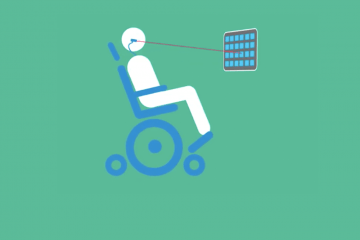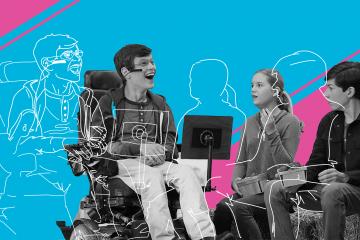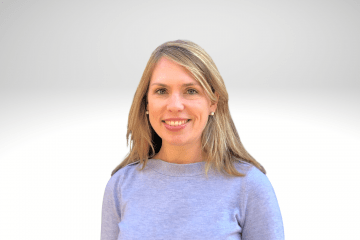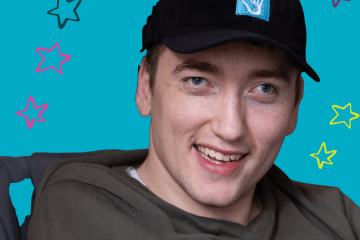What to Expect- Your First Speech Language Appointment
A speech language pathologist is someone who is trained in working with kids and adults. Everything from working with articulation errors and correcting things to what I do, which is working with people with profound physical impairments and getting them augmentative communication strategies.
When a family comes for their first evaluation, it can look pretty different. Sometimes we see kids as young as eight months. Sometimes we're seeing a patient for the first time and they're in their teens. We see families who are excited, scared, nervous, skeptical, really excited, and it's fun to see what a kid can do. If a child or an adult is non-speaking or not intelligible when they're speaking, it is essential to develop strategies and to assess to see what other ways they could communicate.
When a person has a communication impairment or disability, that communicative competence might not be as obvious as it is in you or me. There are so many ways to tell that someone is actively engaged in the conversation with you. Someone may point to an icon on their wheelchair tray or in a book. They could look up to say, "yes." They might have a sign or a signal to indicate yes or no, or another word. They might have a communication device.
For a child who has a diagnosis that puts them at risk even at a very young age for communication delay or disorder, it's really important to get in as soon as possible. Even if you have a one-year-old who you wouldn't typically expect to be saying much at age one, there's still a lot to learn about how to talk to your child with cerebral palsy, how to develop their language, and how to prepare them for a world of communicating that may not be through a traditional means.
"For a child who has a diagnosis that puts them at risk even at a very young age for communication delay or disorder, it's really important to get in as soon as possible."





